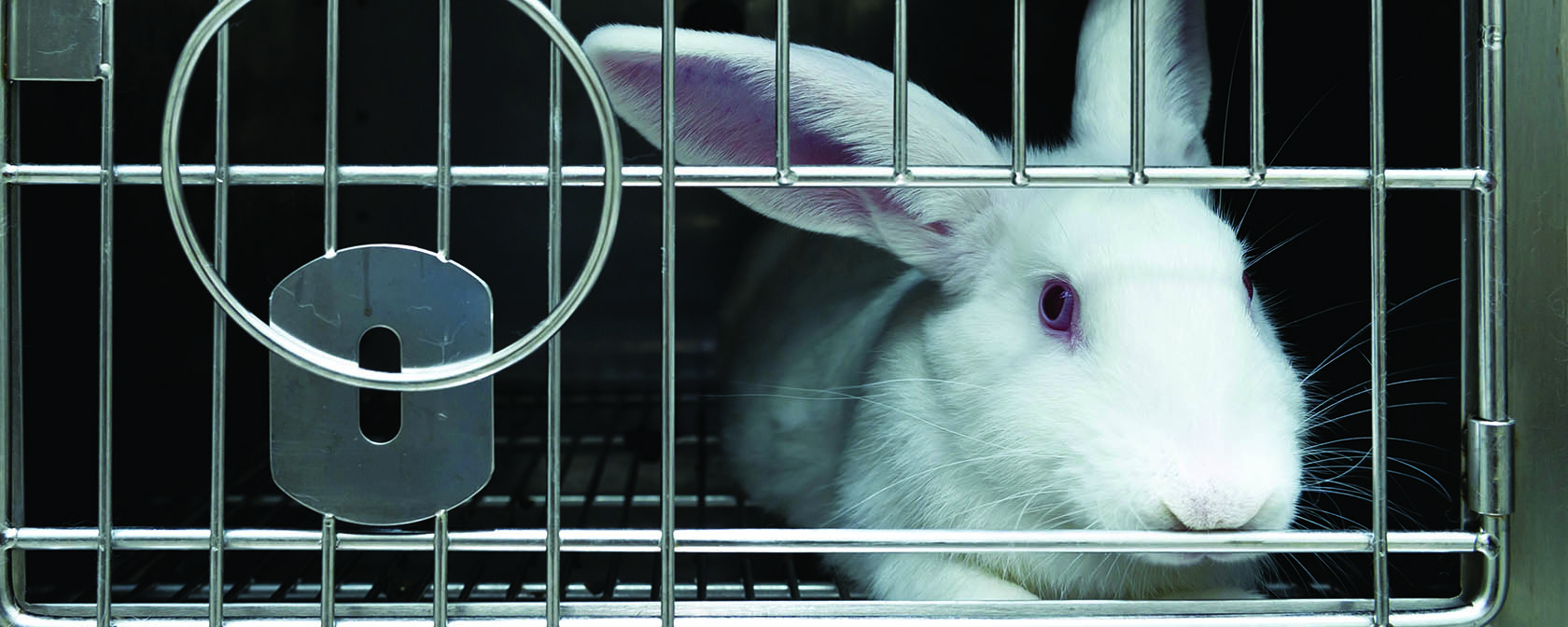By Sara Amundson and Kitty Block
As the COVID-19 crisis escalates, we are asking Congress to act quickly on an important bill that would ensure that millions of animals held in research laboratories and enterprises like puppy mills and roadside zoos across the country are not forgotten.
The Providing Responsible Emergency Plans for Animals at Risk of Emerging Disasters (PREPARED) Act, H.R. 1042, introduced last year by Reps. Dina Titus, D-Nev., and Peter King, R-N.Y., is ripe for passage, with more than 200 bipartisan cosponsors. The bill would require all facilities regulated under the Animal Welfare Act (AWA), including commercial animal dealers, exhibitors and research labs, to have emergency response plans for the animals in their care when disaster strikes.
This commonsense idea has been on the table for many years, but the urgency to pass it is greater today than ever before. With cities and states imposing quarantines and curfews, and businesses shuttering their doors and asking employees to stay home, animals in institutional settings are extremely vulnerable to neglect and/or abandonment. Our federal government has a responsibility to protect them, and to hold such facilities accountable.
The PREPARED Act would require regulated facilities to submit plans that identify emergency situations, including human and natural disasters (pandemics, hurricanes, tornadoes, wildfires, etc.), power outages and animal escapes, and institute specific policies and protocols to respond to these emergencies. Plans would need to include instructions for evacuating the animals, shelter-in-place, provision of backup food and water, sanitation, ventilation, bedding and veterinary care.
We already know that not including animals in disaster plans can lead to terrible outcomes. After Hurricane Katrina, more than 600,000 animals were abandoned. Some people refused to evacuate and lost their lives because they couldn’t bear to abandon their pets. At our urging, Congress then went on to pass the PETS Act, which required state and local authorities to take into account—and to plan for—the needs of individuals with household pets and service animals before, during and after a disaster. Unfortunately, the law did not cover commercially owned animals, which is the reason the Humane Society Legislative Fund has been pushing for the PREPARED Act.
Not requiring commercial facilities to have a plan in place also places undue burden on first responders, the local community and nongovernmental entities involved with rescue efforts. Because of Katrina and many other deployments, the Humane Society of the United States knows firsthand the difficulties of providing care for thousands of animals in a significant disaster, and the COVID-19 crisis is a disaster of a greater scale than our country has ever experienced.
Facilities doing National Institutes of Health-funded research are already required to have disaster plans for their animals, as are those accredited by the Association for Assessment and Accreditation of Laboratory Animal Care (AAALAC) International and by the Association of Zoos and Aquariums. The PREPARED Act would simply level the playing field to ensure that puppy mills, roadside zoos and other regulated facilities also have emergency response plans. It’s a win-win for the businesses too, because it helps them safeguard their activity while ensuring animals they use are not abandoned without care in a time of crisis.
The world around us is changing every day. As we focus on keeping ourselves and our loved ones safe, we cannot and should not forget the millions of voiceless animals in puppy mills, roadside zoos and research labs. They need our help now, more than ever. Please take a moment to contact your federal legislators and urge them to cosponsor the PREPARED Act if they haven’t yet, and do all they can to get this bill passed immediately.
Kitty Block is President and CEO of the Humane Society of the United States.




